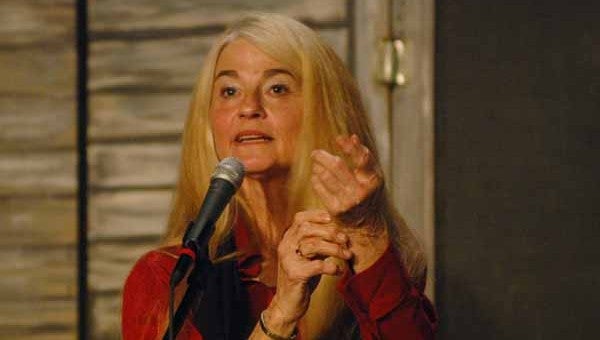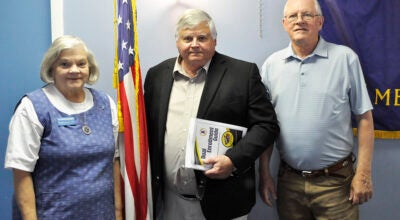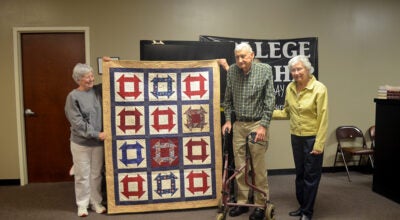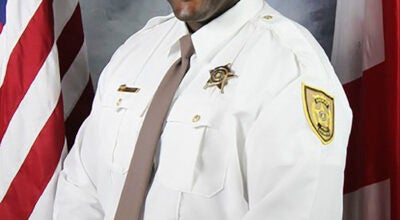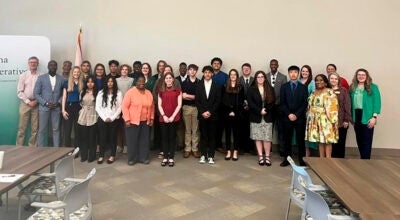Sheila Kay Adams brings laughter, music to Storytelling Festival
Published 11:00 pm Thursday, January 24, 2013
When the Brundidge Historical Society decided to expand what it was doing in the area of folklife presentations to include storytelling, Sheila Kay Adams was the teller of choice.
“Several of us had seen Sheila Kay Adams perform at the National Storytelling Festival in Jonesborough, Tennessee,” said Mernette Bray, a member of the historical society’s storytelling committee. “She told the story about taking a man out of his casket to change his suit and one about John Parrish’s boy. Everybody in the tent was laughing until they cried. She played the banjo and she sang and we realized that she was not only a talented storyteller but also an all around performer.”
Adams was the first storyteller to take the stage at the We Piddle Around Theater. She came to the theater in 2005 and 2006 and “primed the pump” for the historical society’s first full-blown storytelling festival in January 2007. But Adams, by her choice, was not on the program; she wanted to give way to other tellers.
The Brundidge Historical Society is appreciative that Adams was willing to take a chance and come to a little theater “in the backside of nowhere” and help expand the folk arts tradition at the We Piddle Around Theater.
Each time she appears, Sheila Kay Adams brings laughter, toe-tapping music and maybe a tear or two to the Pike Piddlers Storytelling Festival. She shares the music, songs and stories of her Appalachian mountain family and community. She’ll take your hand and lead you back to a simpler time, to a magical place where folks were still connected to the land, to one another and a way of life that has disappeared forever. You may find yourself wanting to stay there.
Adams is an award-winning author and a seventh generation balladeer. The Washington Post said of Adams, “Her stories may be localized … but their lessons, poignancy and humor have no boundary, real or artificial.”


